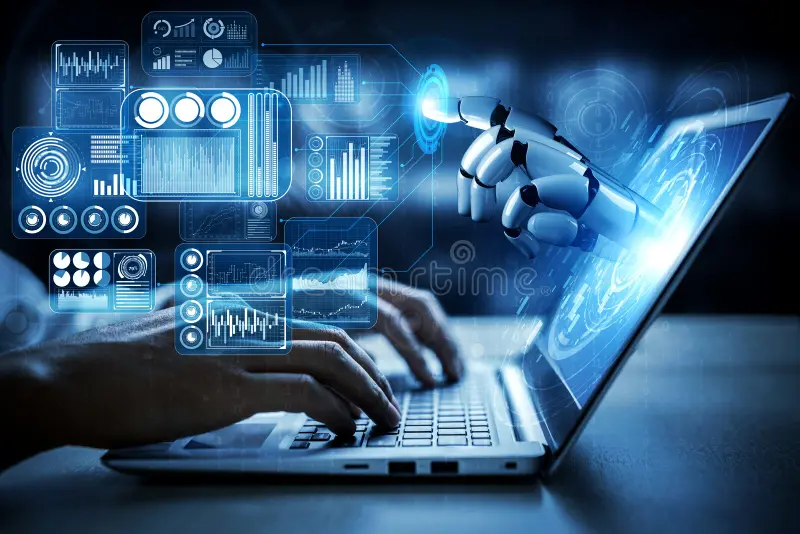By: Pawan Gupta
The rapid advancements in artificial intelligence (AI) have ignited a fervent debate on whether machines can replace humans in various aspects of life. While AI has demonstrated remarkable capabilities in tasks ranging from data analysis to decision-making, the question of true human replacement remains complex and multifaceted.
- The Rise of Artificial Intelligence:
Artificial intelligence has evolved significantly, with machine learning algorithms and neural networks becoming increasingly sophisticated. AI systems excel in repetitive tasks, data processing, and pattern recognition, leading to increased efficiency and productivity in various industries.
- AI in the Workforce:
One of the primary areas of discussion is the impact of AI on the workforce. Automation and AI technologies have streamlined processes, leading to concerns about job displacement. However, proponents argue that AI’s role is to augment human capabilities, not replace them entirely. The collaborative approach, known as human-AI synergy, suggests that humans and machines can work together to achieve optimal results.
III. Creativity and Emotional Intelligence:
While AI has shown prowess in tasks requiring logical reasoning and analysis, replicating human qualities such as creativity and emotional intelligence poses a significant challenge. The human ability to think abstractly, empathize, and innovate remains unparalleled. AI lacks the nuanced understanding of emotions and the depth of creativity that humans bring to various fields.
- Ethical Considerations:
The ethical implications of AI replacing humans raise critical questions about accountability, bias, and decision-making. Can AI systems be trusted to make ethical choices in complex situations? The lack of consciousness and self-awareness in AI raises concerns about unintended consequences and the potential misuse of technology.
- The Limitations of AI:
AI systems operate within predefined parameters and data sets, limiting their ability to adapt to unforeseen circumstances. Humans possess the flexibility to navigate uncertain situations, adapt to new information, and make decisions based on context and intuition. The inherent limitations of AI make it challenging to envision complete human replacement.
Conclusion:
The debate on whether AI can replace humans is ongoing and complex. While AI has undoubtedly transformed industries and elevated efficiency, the essence of human qualities such as creativity, emotional intelligence, and ethical decision-making remains irreplaceable. The future likely involves a symbiotic relationship between humans and AI, where each contributes its unique strengths to create a harmonious balance of capabilities. As we continue to explore the potential of AI, it is essential to approach its integration with a thoughtful consideration of ethical implications and the preservation of human-centric values.
